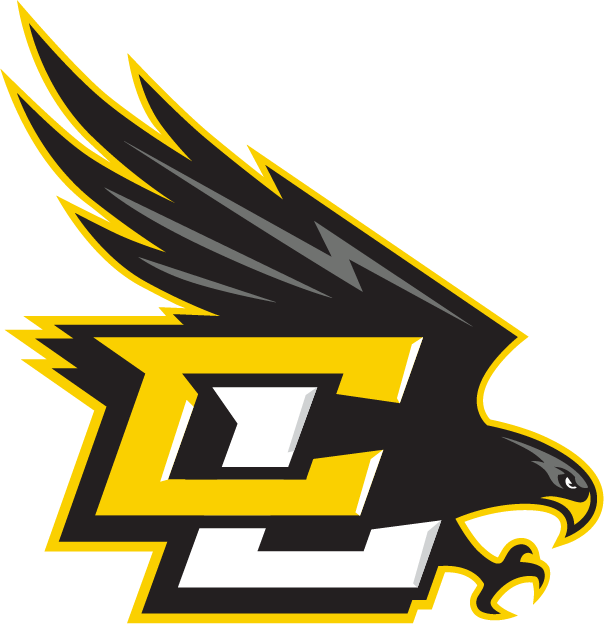Extended Learning for Teachers
“Bright kids go to school and never encounter anything that makes them extend effort. They grow up thinking being smart means they don’t have to work very hard. The first time they encounter something difficult they think they are not smart anymore.” - Sally Reis Renzulli
This website is intended for the teachers at Central Lee. It relies heavily on The Multi Tiered Systems of Support for Advanced Learners written by experts at the Iowa Department of Education in 2018. This document outlines methods to meet the needs of advanced and gifted learners.
Professional Development
Australia: Free Education Kit - Modules for Gifted Education
Belin-Blank, University of Iowa: Educator Programs
Brian Housand, Gifted 360, Increasing Student Engagement and Designing Personalized Learning Experiences, Inexpensive ($59 each course)
A. Curriculum Differentiation
-- The ways content, process, and product are modified.
While extensions are great, our differentiation should be embedded in the core lesson and not an "add-on".
Start with iReady.
Use tiered lesson planning - Template
Change the levels of learning within the tiers using:
Lesson Planning
Products
Reading
AI Characterization Look at the comments following the video for more ideas.
Learning/Thinking Maps Resources from Pam Barclift
50 Fun Morphology Activities Activities for prefixes, suffixes, and roots.
50 Fun Phonics Activities for the younger kids.
The Eleventh Hour - A Unit for Grades 3-6
Spark Creativity Engage
students in deeper learning with creative ELA lessons.
Math
Boddle Math Math Facts
Math Whiteboard - Math Whiteboard is the first collaborative whiteboard designed specifically for mathematics teaching and learning and it's free! (I recommend watching the hour-long webinar.)
Capitol Hill Challenge CHC student teams manage a hypothetical $100,000 online portfolio of stocks, bonds, mutual funds, impact investments, and cash. They learn integral workplace skills such as collaboration and critical thinking and improve their personal financial behavior and standardized test scores in math and economics. (G 6-12)
Splash Learn Math facts and more
Writing
Science
Data Nuggets are free classroom activities, co-designed by scientists and teachers, designed to bring contemporary research and authentic data into the classroom.
Social Studies
Kid Citizen Interactive Episodes where K-5 students work with primary source photographs to explore Congress and Civic Engagement
Other
Dance Tonite - An ever-changing VR collaboration by LCD Soundsystem and their fans, Experiments by Google.
LibreTexts Open access text books. Free
B. Instructional Management
-- How students are grouped for instruction.
Cluster Grouping
Cooperative Learning Groups - Intentionally group students for activities for the purpose of developing academic and peer interaction skills.
Flexible Skills Groups - Grouping children by their achievement level or readiness in a subject area.
C. Instructional Delivery
-- How students need to be taught.
Accelerated Pace - Students progress faster as the teacher speeds up rate of presentation of information in order to match the significantly faster learning rate of high ability/high potential learners. (ie. Competitions)
Flexible Deadlines - Students negotiate for more or less time to complete a learning experience and its associated product or performance. (ie. Flexible tasks with student voice and choice, Learning contracts)
Higher Order Responses - Students are required to use higher order thinking (application, analysis, synthesis, evaluation, strategic or extended thinking) in their learning responses. (ie. Independent study, Learning contracts)
Inquiry - Students respond to teacher- or student-led questioning, problems, or scenarios in order to learn new concepts or draw conclusions and make generalizations during the learning process. (ie. Mentor utilization)
Open-Endedness, Creative Thinking - Students are encouraged to brainstorm or think divergently in order to produce more than one idea, answer, or solution. (ie. Problem-based learning)
Question Typology - Students engage with curriculum utilizing varied question types including informational, interpretive, explanatory, procedural, relational, verificational, heuristic, evaluational; questions may be content-directed, student-directed, rhetorical, or ambiguous.
(For more detailed explanation, see http://www2.phy.ilstu.edu/pte/311content/questioning/typology.html.)
